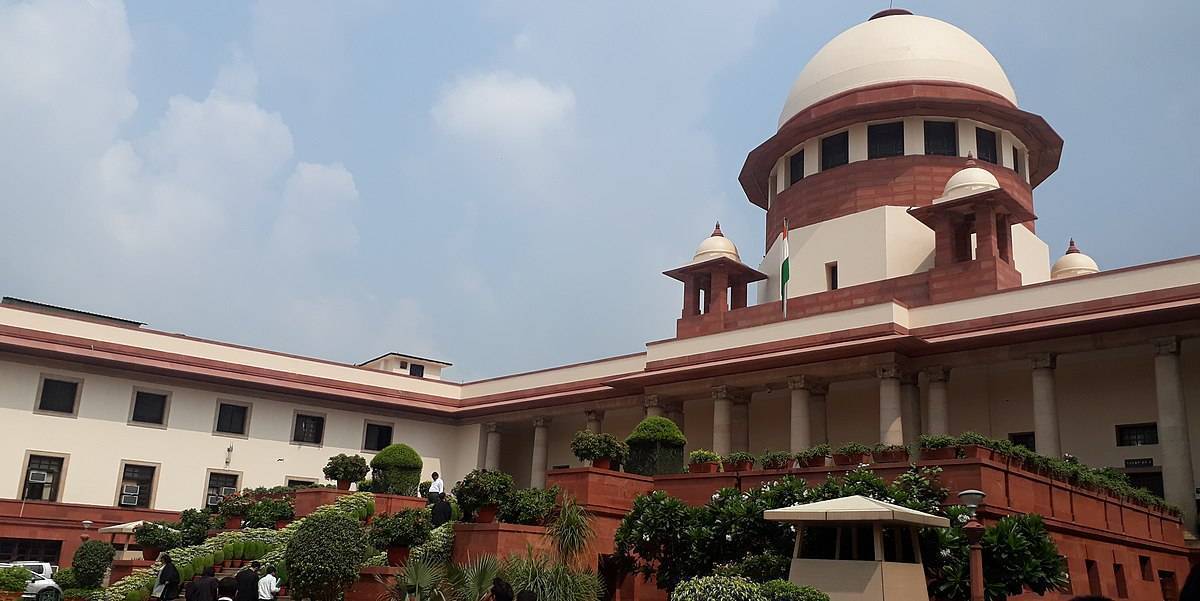In a major move to enhance consumer protection, the Maharashtra Real Estate Regulatory Authority (MahaRERA) has come up with a fresh Standard Operating Procedure (SOP) that would expedite the return of the homebuyers' money by the developers. The revised SOP which was designed to implement the court directives in letter and spirit and help the affected homebuyers through a time-bound and relief-oriented framework was announced on November 22.
As per the regulator, the changed method will serve as a vehicle to clear up a backlog that keeps on growing and which consists of complaints related to recovery of money and in particular cases where developers are not paying compensation or interest even though they have been reminded several times. MahaRERA said that it anticipates the whole process of recovery to be over within 60 days from the date of the order.The renewed move to hold the developers accountable for their actions comes at a point in time when the number of homebuyers filing for compensation due to delayed possession, abandoned projects, poor construction quality, and lack of amenities has been growing consistently. A great number of such cases have to do with prolonged disputes, opaque developer responses, and slow implementation of orders – an issue that the new SOP aims at solving.
Stricter Enforcement and a Clear Escalation Path
The newly announced SOP ensures that there is a multi-layered enforcement structure for developers to respond promptly and comply with the directives. In its statement, MahaRERA emphasized the unprecedented move to escalate non-compliance cases directly to civil courts.
"Hereafter, for the first time, the case of any developer failing to pay the compensation amount despite sufficient opportunities will be sent to the Principal Civil Court of the respective area for further action. Upon taking this action, the erring builder may face imprisonment for a term of up to 3 months. This provision is expected to immensely help in recovering compensation and providing timely relief to the home buyers," the authority said. This marks a significant shift from the earlier approach, where developers frequently delayed compliance without facing strict legal consequences.
Common Triggers for Compensation Orders
According to MahaRERA, in most cases, after the buyers of homes have tried for a long time to negotiate with the developers and the latter refuse, they approach the authority. In its statement, it is said that complaints are mostly traceable to:
- not handing over the possession within the stipulated time
- construction of poor quality
- lack of giving the promised amenities
- unresolved parking-related disputes
- deviation from approved plans
Such illegal acts are considered by the Adjudicating Officers deputed by MahaRERA after hearing and examining the evidence produced by both parties and compensation orders are given depending on the cases presented. But, the instances of recouping these ordered sums have always been few and far between — hence the newly introduced SOP seeks to close this gap.
What Goes on After 60 Days: Compulsory Filing of a Non-Compliance
In a situation where the developer is not compensating the homebuyer within the required 60 days, the responsibility of lodging a formal non-compliance application is with the allottee. The standard operating procedure defines that the application can be a claim for:
- compensation amount
- interest in case of a delayed possession
- any other relief that may be ordered by MahaRERA
Such complaints are examined by MahaRERA’s designated Adjudicating Officers, who assess evidence submitted by both parties and issue compensation orders based on the merits of each case. However, recovery of these awarded amounts has historically been slow — a gap the new SOP aims to close.
What Happens After 60 Days: Non-Compliance Application (Mandatory)
In case a developer does not pay the homebuyer within the required 60 days, it is the allottee who has to take the responsibility of filing a formal non-compliance application. According to the SOP, the application may also look for the recovery of:
- the amount of the compensation
- interest on the delayed possession
- any other relief as per the order of MahaRERA
The authority must hear the non-compliance application within four weeks. If, after this hearing, it is evident that the developer continues to ignore the order, MahaRERA may direct the developer to submit a sworn affidavit disclosing, movable and immovable properties, bank accounts. investments and financial assets that may be attached This affidavit is intended to close loopholes that earlier allowed developers to avoid or delay payment by concealing assets.
Recovery Warrants and Collector-Level Enforcement
Once non-compliance is confirmed, the SOP empowers MahaRERA to initiate strong recovery measures. The regulator will issue a Recovery Warrant to the District Collector responsible for, identifying attachable assets, seizing movable or immovable properties, freezing bank accounts and taking steps to recover the compensation amount.
This formalizes a long-pending component of the enforcement process that many homebuyers have demanded for years.
Further, the SOP states, “If the developer fails to provide details of immovable and movable properties, bank accounts, and other investments, the case will be referred to the Principal Civil Court of that area for further action. According to the provisions of the Code of Civil Procedure, defaulting developers may be imprisoned for up to three months.”
This is one of the most stringent actions MahaRERA has introduced so far, signalling zero tolerance toward deliberate or prolonged non-compliance.
Legal Experts Applaud the Intent, Flag Practical Gaps
Legal experts agree that the new SOP is well-intentioned but still has notable gaps. Some lawyers believe the timelines are unclear and may actually slow down the disposal of execution applications compared to the earlier process. They also point out that the real impact of the circular will depend entirely on how efficiently MahaRERA implements it.
Another concern raised relates to the current digital systems. The recovery warrant portal does not offer real-time updates, status tracking, or complete information. It also isn’t integrated with pending appeals or cases where stay orders exist. According to legal practitioners, the biggest challenge for homebuyers remains the actual enforcement of orders, and they stress the need for tighter timelines and fewer adjournments.
Experts stress that real relief to homebuyers will depend not just on policy, but on the efficiency and transparency of its implementation, especially at the district-level recovery stage.
A Critical Turning Point for Consumer Rights?
MahaRERA’s new SOP is a clear indication that the institution is making one of its strongest efforts to protect homebuyers and bring down developers who behave irresponsibly. The 60-day period for compensation coupled with the disclosure of assets, recovery warrants, and imprisonment possibility if accompanied by a rigorous implementation of orders can go a long way in the actualization of the orders.
On the other hand, legal specialists think that the SOP's effectiveness depends on the cooperation between MahaRERA, district collectors, civil courts, and administrative agencies. Currently, the new SOP is a heartfelt warning to developers that non-compliance will not be tolerated any longer and that homebuyers will get a quicker and more organized way of justice.









.png)